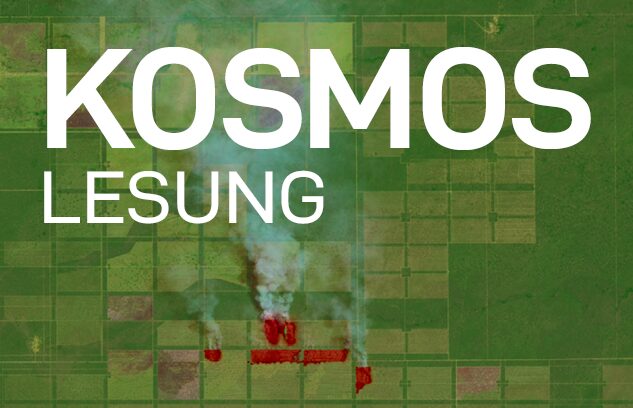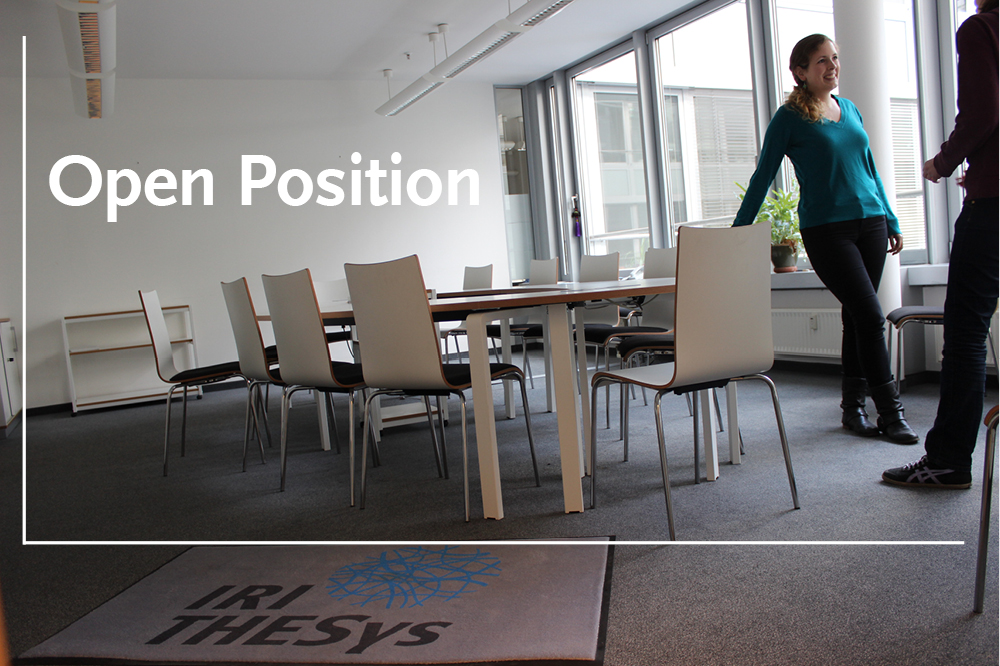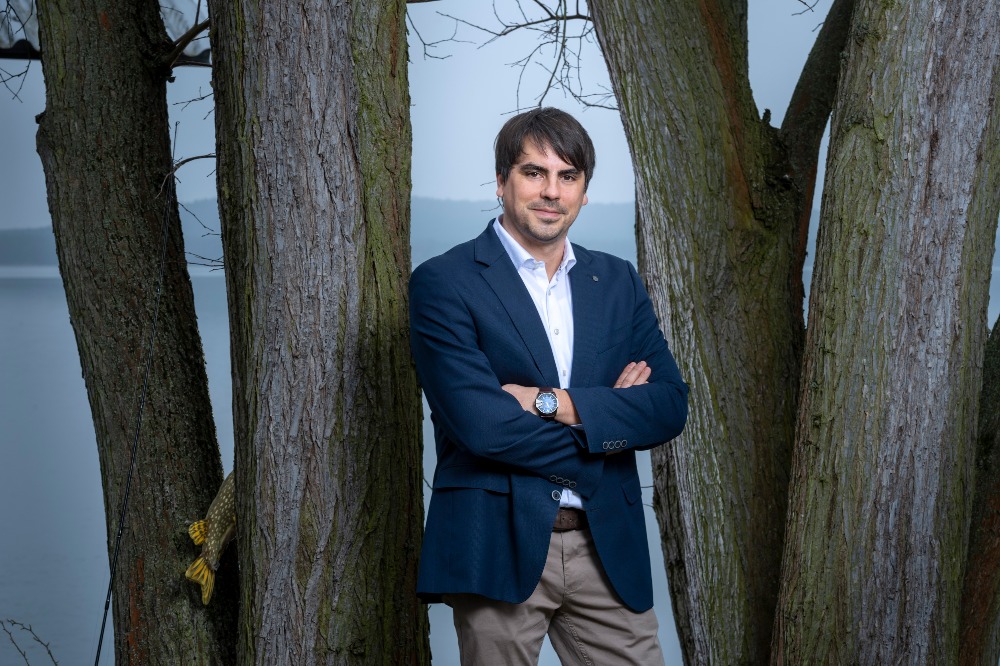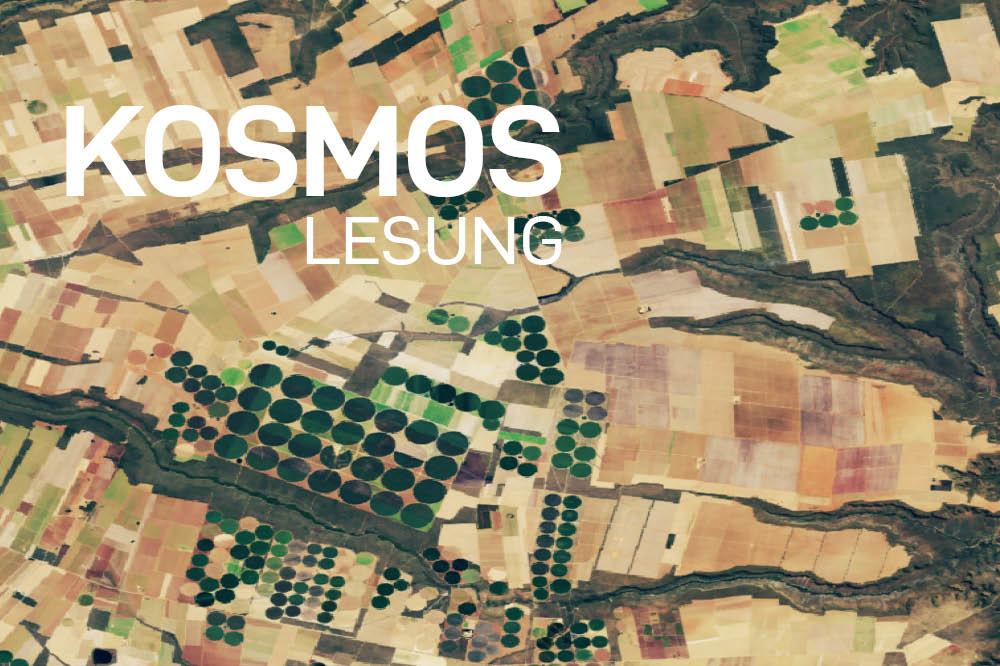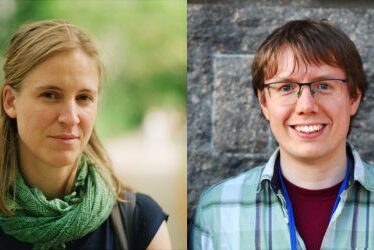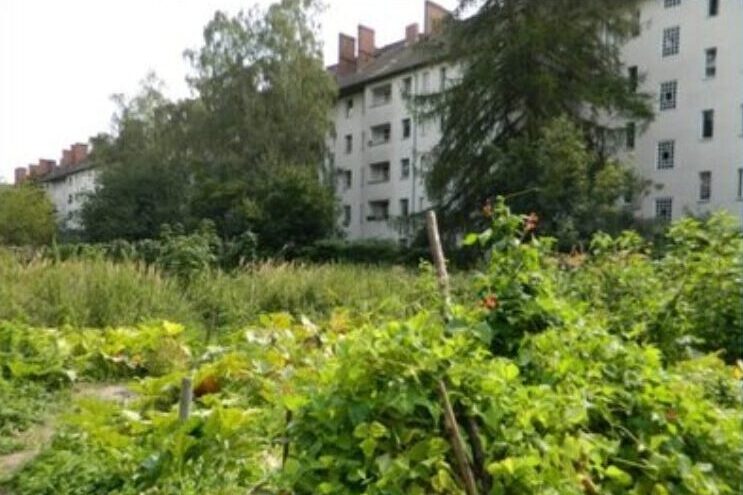On 30 May 2024, Prof. Hermann Lotze-Campen will give a KOSMOS-Lesung on agricultural and food transformation. The agricultural economist will explain why such a transformation is urgently needed, but also possible, and why it is of central importance for shaping the Anthropocene in a sustainable way.

A comprehensive agricultural and food transformation is possible – and it is of central importance for shaping the Anthropocene in a sustainable way
30.05.2024, 18.00-19.30
HU Berlin, Unter den Linden 6, Senatssaal
Today’s agricultural and food systems supply a growing world population with food, but they also cause major environmental damage and consequential health costs. In his KOSMOS lecture, Prof. Hermann Lotze-Campen shows that a comprehensive transformation is necessary to slow down climate change, stop the loss of biodiversity and reduce health costs. A largely plant-based diet is a key component in ensuring that a comprehensive agricultural and food transformation can succeed by 2050.
Prof. Dr. Hermann Lotze-Campen is Head of the Research Department “Climate Resilience” at the Potsdam Institute for Climate Impact Research (PIK) and Professor of Sustainable Land Use and Climate Change at Humboldt-Universität zu Berlin.
Moderation: Prof. Dr. Sabine Fuss is Co-Chair of the Mercator Research Institute on Global Commons and Climate Change (MCC Berlin) and holds a professorship on “Sustainable Resource Management and Global Change” at Humboldt-Universität zu Berlin.
The event will be held in German. Entrance is free of charge. Afterwards, a video recording will be made available on the university’s YouTube channel.
About the lecture series
The KOSMOS-Lesungen are a joint initiative of Open Humboldt – the “contact zone” at HU Berlin for more exchange between science and society – and IRI THESys. On two evenings per semester, researchers from a wide range of disciplines talk about anthropogenic environmental and climate change in an understandable way and invite the broad public to discuss together.
Photo credits: NASA Earth Onservatory



